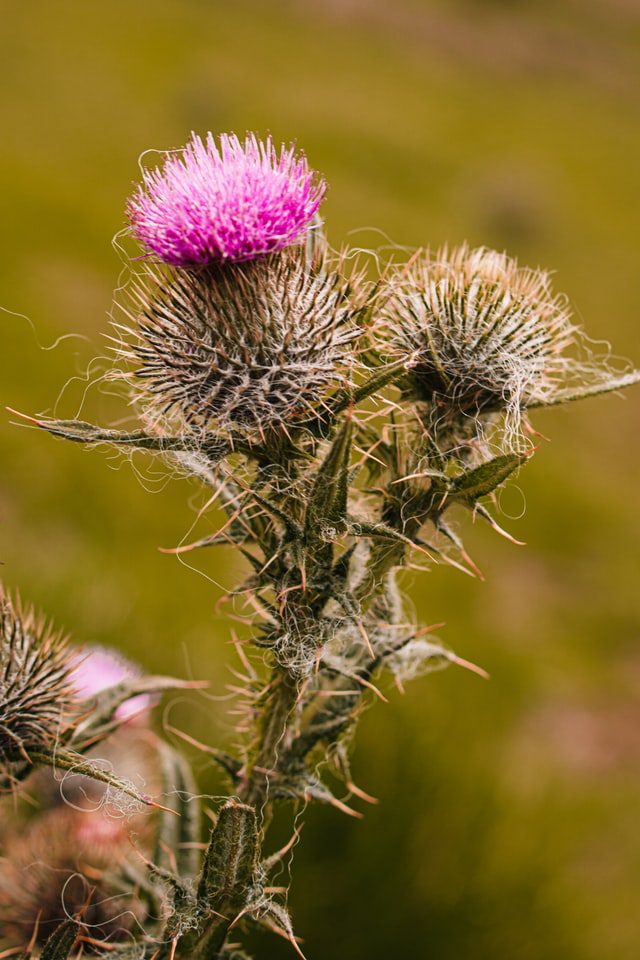Uses
Natural Medicines Comprehensive Database rates effectiveness based on scientific evidence according to the following scale: Effective, Likely Effective, Possibly Effective, Possibly Ineffective, Likely Ineffective, Ineffective, and Insufficient Evidence to Rate. The effectiveness ratings for BLESSED THISTLE are as follows:
Insufficient evidence to rate effectiveness for…
- Diarrhea.
- Cancer.
- Coughs.
- Infections.
- Boils.
- Wounds.
- Promoting milk flow in breastfeeding mothers.
- Promoting urine flow.
- Other conditions.
More evidence is needed to rate the effectiveness for these uses.
Side Effects Of Blessed Thistle
Blessed thistle is LIKELY SAFE when used in amounts commonly food in foods. There is not enough information available to know if it is safe in medicinal amounts. In high doses, such as more than 5 grams per cup of tea, it can cause stomach irritation and vomiting.
Warnings & Precautions
- Pregnancy and breast-feeding: Don’t take blessed thistle by mouth if you are pregnant. There is some evidence that it might not be safe during pregnancy. It’s also best to avoid if you are breast-feeding. Not enough is known about the safety of this product.
- Intestinal problems, such as infections, Crohn’s disease, and other inflammatory conditions: Don’t take blessed thistle if you have any of these conditions. It might irritate the stomach and intestines.
- Allergy to ragweed and related plants: Blessed thistle may cause an allergic reaction in people who are sensitive to the Asteraceae/Compositae family. Members of this family include ragweed, chrysanthemums, marigolds, daisies, and many others. If you have allergies, be sure to check with your healthcare provider before taking.
Dosage Of Blessed Thistle
The appropriate dose depends on several factors such as the user’s age, health, and several other conditions. At this time there is not enough scientific information to determine an appropriate range of doses for blessed thistle. Keep in mind that natural products are not always necessarily safe and dosages can be important. Be sure to follow relevant directions on product labels and consult your pharmacist or physician or other healthcare professional before using.
Other
Consult your doctor or pharmacist.
Source
All information has been provided courtesy of MedLinePlus from the National Library of Medicine and from the FDA.



